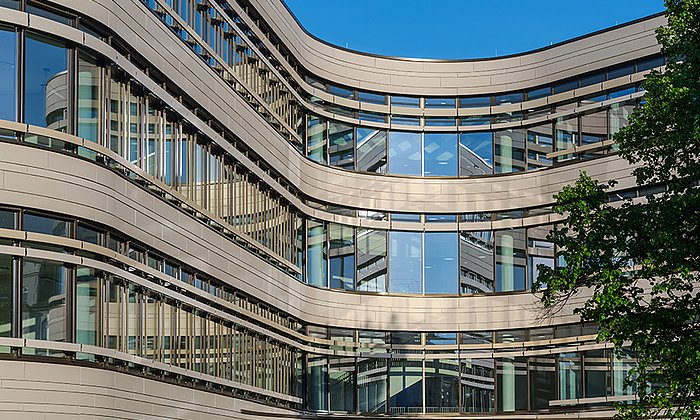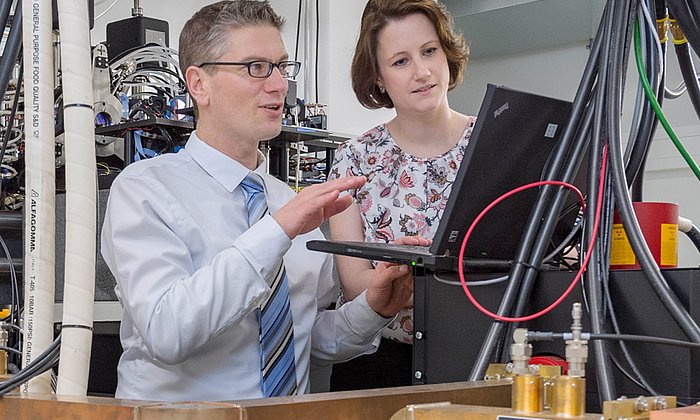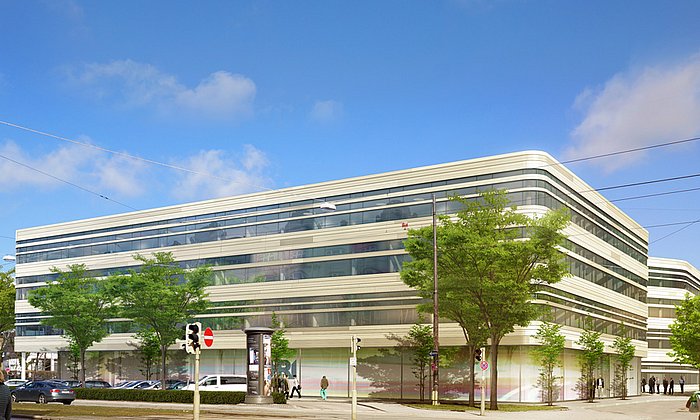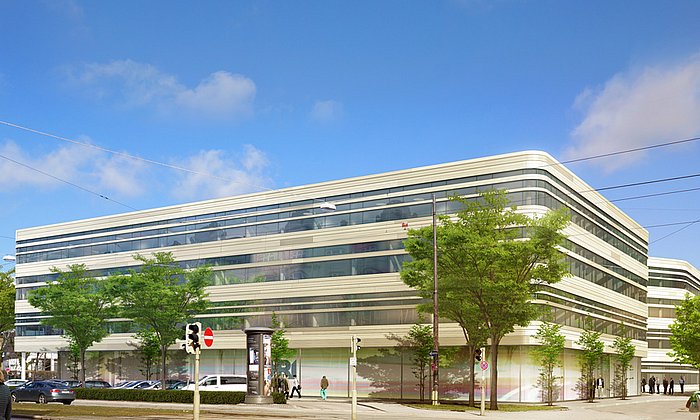German Federal Minister Karliczek and State Minister Professor Kiechle at TranslaTUM
Expand research for cancer patients
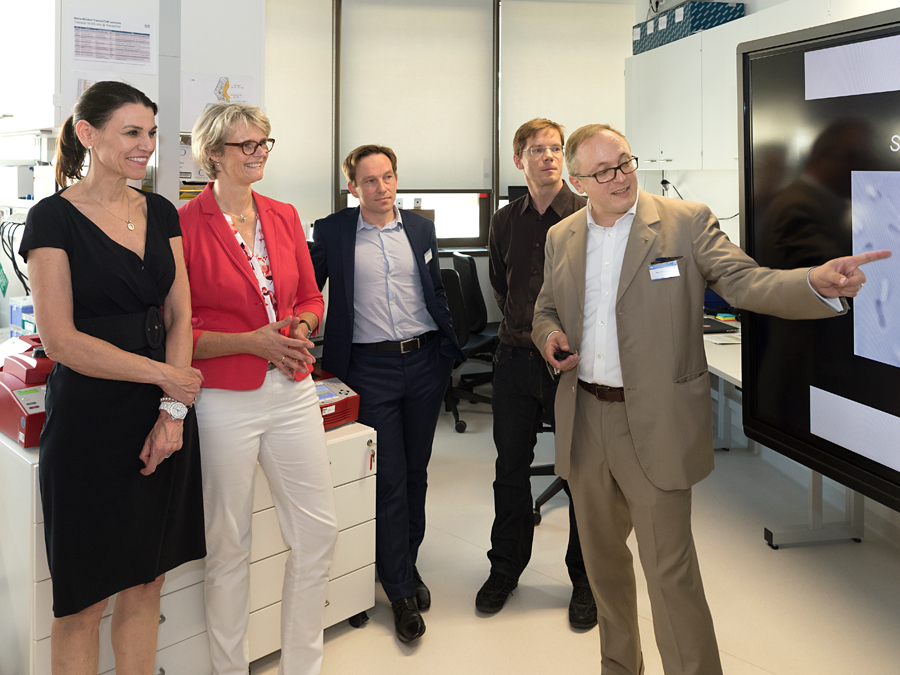
Cancer is the second most common cause of death in Germany after cardiovascular diseases. Federal Minister Anja Karliczek has therefore initiated a National Decade against Cancer. She has made translation, the transfer of research findings into practice, the focus of her work. During her visit to the interdisciplinary cancer research center TranslaTUM, Anja Karliczek spoke to scientists there and learned about their research projects. She said:
"Cancer is among those diseases we dread most. Though good treatment options already exist, more research is needed to further improve the chances of cancer patients recovering. Klinikum rechts der Isar is rising to this challenge with the help of TranslaTUM. Patients should benefit as quickly as possible from research findings – an objective that’s particularly close to my heart. To further promote cancer research, we are currently preparing the National Decade against Cancer. Together with scientists, healthcare experts, politicians and society, we will present a united front in strengthening cancer prevention and research." The federal government and the state of Bavaria funded the TranslaTUM research building to the tune of 48 million euros.
The Bavarian Minister of Science, Professor Marion Kiechle, herself a medical doctor, also attaches importance to the rapid translation of research findings into clinical practice: "Findings from basic research must reach hospitals more quickly and benefit patients as soon as possible. TranslaTUM is therefore situated in the right place on the hospital grounds close to the patient care center. The cooperation between scientists from various disciplines − medicine, natural sciences and engineering – makes it possible to explore completely new research approaches. "
Global leader in medical imaging
Thirteen interlinked and interdisciplinary research groups from the fields of medicine, engineering and natural sciences work at TranslaTUM. The research areas include diagnostics using state-of-the-art imaging techniques and new data analysis software that allows the appearance and size of malignant tumors to be evaluated, and cellular processes to be observed live. Parallel to these efforts, the Munich School of BioEngineering TUM systematically researches innovative imaging methods (e.g. optoacoustics, brilliant X-radiation), which are currently attracting international attention in the medical world.
In addition, target structures for diagnosis and therapy in patients with difficult-to-treat tumors such as pancreatic and lymph node cancer are being researched. The translation of research findings is facilitated by the close proximity to the TUM University Hospital.
The TUM’s interdisciplinary concept
The interlinking of clinical practice, research and technology lies at the heart of the TUM’s overall interdisciplinary concept. With the Munich School of BioEngineering (2015), TranslaTUM (2017), the new Munich School of Robotics and Machine Intelligence (MSRM) (2017), the Bavarian Magnetic Resonance Imaging Center (2017) and the Protein Research Institute (2017), the TUM’s pre-eminent technology-based research involves hundreds of scientists.
"The urgent issues of future medical care can only be solved through an interdisciplinary approach . Our highly differentiated range of subject areas, engineering know-how, clinical expertise and basic medical research mesh seamlessly," said Prof. Wolfgang A. Herrmann, President of the TUM.
More information
Technical University of Munich
Corporate Communications Center
- Dr. Vera Siegler
- vera.siegler@tum.de
- presse@tum.de
- Teamwebsite
